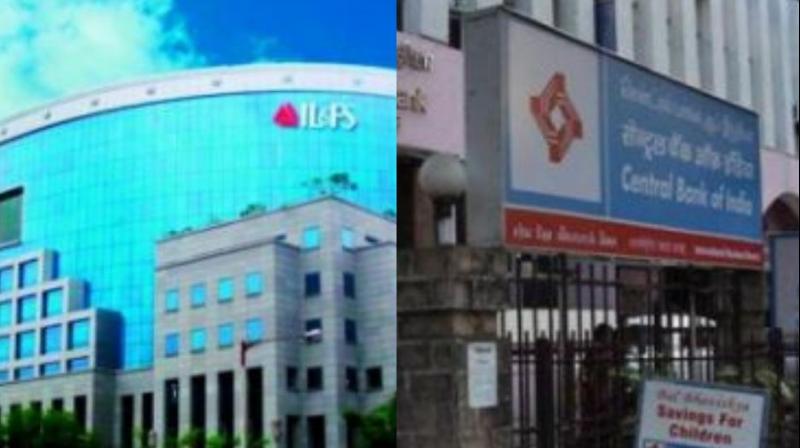Central bank policy to help Narendra Modi’s campaign
An RBI panel is also considering a government request to transfer more of the central bank\'s excess capital to the state.

Mumbai: Go inside the global economy with Stephanie Flanders in her new podcast, Stephanomics. Sign up here.
India's government is increasingly looking to the central bank to help boost a flagging economy before an election that kicks off next week. And new Governor Shaktikanta Das is turning out to be a willing partner.
He is set to deliver a second consecutive 25 basis-point interest rate cut this week, according to most economists in a Bloomberg survey, reversing two hikes made by his predecessor Urjit Patel last year. Since taking over at the Reserve Bank of India in December, Das has relaxed restrictions on weak state-run banks to help spur borrowing, and allowed lenders to restructure loans to small and medium-sized businesses that are in default.
An RBI panel is also considering a government request to transfer more of the central bank's excess capital to the state. An increase would help plug a widening budget deficit, allowing Prime Minister Narendra Modi to fund billions of rupees in spending to rural workers, a key voting bloc.
"The new governor is seen as more amenable to the government's wish to keep policy loose and boost growth," said Shilan Shah, Senior India Economist at Capital Economics Ltd. in Singapore. "Headline inflation is low and that gives the RBI room to cut, which, coming as it would just before an election, should provide a boost to sentiment."
Lower food prices have put a lid on inflation -- and even though price gains accelerated to 2.6 per cent in February from 2 per cent in January, they remain well below the RBI's medium-term target of 4 per cent. The RBI expects inflation to stay below that threshold until the end of the year.
While the core inflation measure, which strips out volatile food and fuel prices, has been sticky above 5 per cent, that may also start to inch lower as the economy slows, providing the RBI with more justification to cut interest rates.
Benign inflation has brought into sharp focus India's high real rates of interest, which economists say can hold back investment growth in the economy. Private consumption has already taken a beating on the back of a crisis in the shadow banking sector, and recent high-frequency data point to a bumpy ride for the economy ahead.
On Monday, the RBI took another step to help spur lending, tweaking rules relating to the disclosure of bad loan divergences at banks, which would support lenders struggling to contain stressed assets.

